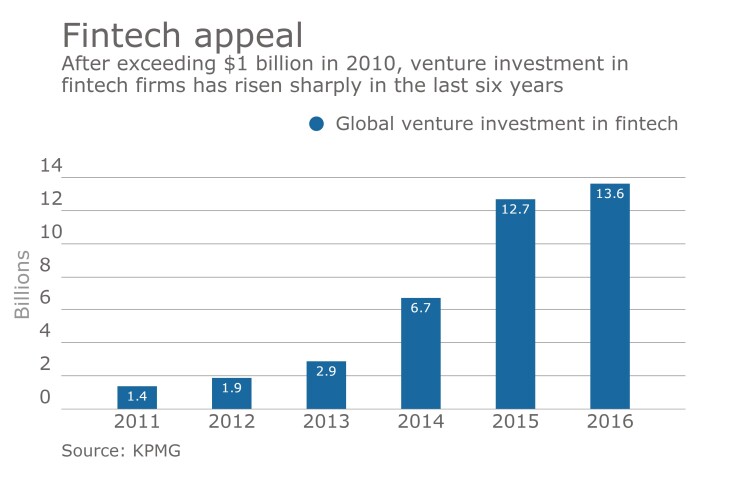The ability of Americans to see their total financial picture across multiple financial institutions and quickly access technology-based tools to analyze their financial data is no longer theoretical. The fintech industry provides this capability to millions of consumers.
But for fintech to work for consumers, Americans must have the right to safely and securely access and permission their transaction-level data to be shared with those technology-based tools. Although the Dodd-Frank Act sought to
Policymakers

We, at the CFDR, believe that the consumer’s right to his or her data must be asserted and protected, and that the industry needs to establish a
Without clear regulatory requirements, financial institutions have the
While some banks offer their customers an easy and efficient mechanism for sharing their data, others may restrict customer data access. In many cases, the amount of access could vary — i.e., some banks offer only a limited data set of information for customers to share, or are inconsistent in making the data available through varying contractual terms with third parties that dictate frequency of data access.
Sometimes banks choose not to allow customers to share any of their financial information with the kinds of innovative technology tools that could help them improve their financial wellness. And for many customers, these limitations might not be clear, but the potential implications are severe.
Imagine, for example, if you opened your mailed bank statement one month and suddenly found that several transactions had been redacted in thick, black marker. In the technology revolution, consumers won’t see this type of tangible data limitation. However, the existence of this limitation threatens the consumer’s ability to use the budgeting tool he or she employs to manage his finances on a monthly basis, for example.
Many technology innovators, including those of us who formed the CFDR, support the consumer’s right to unfettered access to their financial data. Ultimately, all players in the financial services arena have an obligation to provide consumers and small businesses with the information and tools they need to improve their financial well-being. In the technology revolution, the ability to use powerful fintech tools must be recognized as a fundamental right of the consumer.
The state of financial affairs for consumers, both in the U.S. and globally, is in many respects very poor. According to a
Technology innovation in the financial services arena can create inroads for new and currently underserved consumers to access financial services.
Competition in financial technology innovation, especially between different types of institutions, benefits consumers in the long run. It drives down prices and incentivizes companies to innovate and create better products or services.
Sure, financial institutions frequently
Consumers’ permissioned financial data is the fuel that will drive the technology revolution in the financial services industry. Further coordination among all stakeholders in the data access debate, including financial institutions, fintechs, regulators and consumers, will be critical in the continuation of a secure, inclusive and innovative financial data-sharing ecosystem that has existed for the last 20 years. The end result is a healthy, competitive industry, with clear regulatory requirements under which we’re all working toward a common goal that places the consumer at the forefront.





